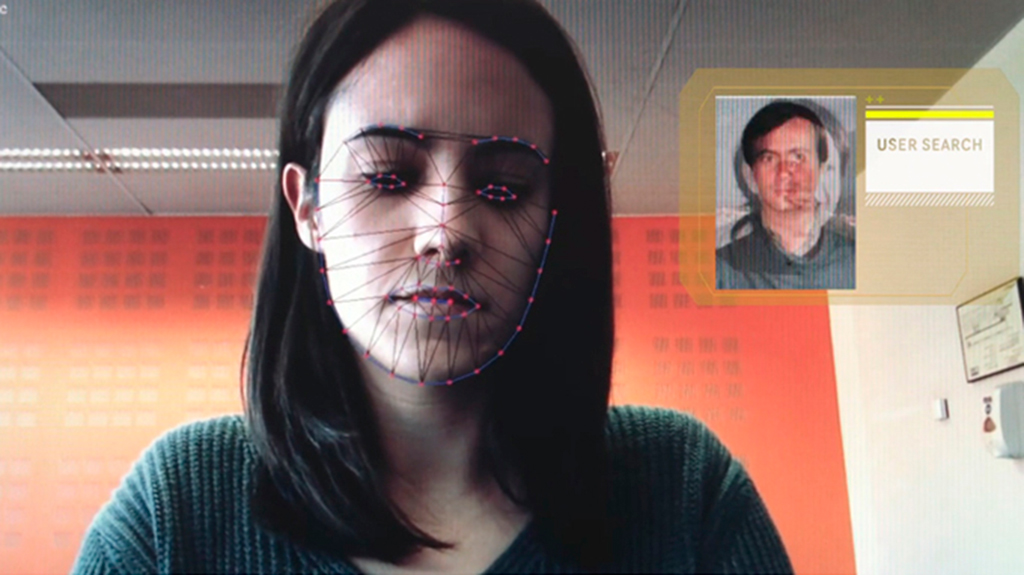3,500 European university students are taking part in the second pilot test of the TeSLA project
Led by the UOC, the initiative verifies the identity of the students from seven universities and the authorship of their online activities
3,500 students from seven European universities are taking part in the second pilot test of the TeSLA project, which is being carried out during the second semester of the academic year. The aim of the project is to develop a system that validates the students' identity and the authorship of their activities, enabling them to take their exams online.
It is being fostered by a consortium, under the guidance of the European Commission, comprising 18 organizations led by the UOC. The TeSLA project has a budget of over seven million euros and will take three years to complete (finishing in 2018), during which time up to four pilot tests will be conducted in which a total of fourteen thousand students will take part.
As well as the UOC, the other universities taking part are the Open University (OU, United Kingdom), the Open Universiteit of the Netherlands (OUNL, the Netherlands), Anadolu University (AU, Turkey), the University of Jyväskylä (JYU, Finland), Sofia University St. Kliment Ohridski (SU, Bulgaria) and the Technical University of Sofia (TUS, Bulgaria).
Students on bachelor’s degrees and master's degrees will be taking part in the second pilot test. Face and voice recognition tools will be used during their assessment activities to see plagiarism and writing patterns, and the language they use to express themselves will be analysed. "During the process, the data are anonymous and are saved according to the strictest European framework data protection standards", explains David Bañeres, professor at the UOC Faculty of Computer Science, Multimedia and Telecommunications.
Around 1,129 UOC students from four faculties will be taking part: Computer Science, Multimedia and Telecommunications; Psychology and Education Sciences; Law and Political Science and, finally, Economics and Business. It will apply to ten courses, eight of which are bachelor's degrees and the remaining two postgraduate courses. Professor Elena Rodríguez from the Faculty of Computer Science, Multimedia and Telecommunications will be in charge of coordinating the project and will be assisted by 64 professors, 54 of whom are course instructors.
The subjects where the project will be carried out are Foundations of Computers; Software Engineering; Communication Skills for ICT Professionals Web Promotion and Positioning; Quantitative Data Analysis Techniques; Online Tuition Planning; Employment Law I; Internet Law; Introduction to Financial Information; and Markets and Behaviour.
Positive balance for the first pilot test
The first pilot test, which ended in February, saw 637 students, 24 of whom with special education needs, from the seven universities take part. From the UOC, 154 students took part in the pilot test. "The balance is positive because we were able to test all the instruments in isolation during continuous assessment. During this second stage, we are testing the version that will eventually be used", says Ana Elena Guerrero, project coordinator and researcher with the Technology-Enhanced Knowledge and Interaction research group (TEKING), part of the UOC eLearn Center. "We want to use TeSLA to provide institutions and companies in education with a system that supports all assessment models, that covers teaching and learning processes as well as the ethical, legal and technological aspects that may arise", she adds.
Who forms part of the TeSLA consortium?
There are eighteen partners totalling around sixty professionals:
Universities
- Universitat Oberta de Catalunya (UOC) - Spain
- University of Namur ASBL (UNamur) - Belgium
- Open Universiteit of the Netherlands (OUNL) - Netherlands
- Sofia University St. Kliment Ohridski (SU) - Bulgaria
- The Open University (OU) - United Kingdom
- Imperial College London (Imperial) - United Kingdom
- Technical University of Sofia (TUS) - Bulgaria
- Anadolu University (AU) - Turkey
- University of Jyväskylä (JYU) - Finland
- Institut Mines-Telecom (IMT) - France
Quality agencies
- European Association for Quality Assurance in Higher Education AISBL (ENQA) - Belgium
- Catalan University Quality Assurance Agency (AQU Catalunya) - Spain
- European Quality Assurance Network for Informatics Education EV (EQANIE) - Germany
Research centres
- National Institute of Astrophysics, Optics and Electronics (INAOE) - Mexico
- Idiap Research Institute (Idiap) - Switzerland
Technology firms
- LPLUS GmbH - Germany
- Protos Sistemas de Información S.L. (protOS) - Spain
- WFSW SA (Watchful) - Portugal
Experts UOC
Press contact
-
Editorial department
